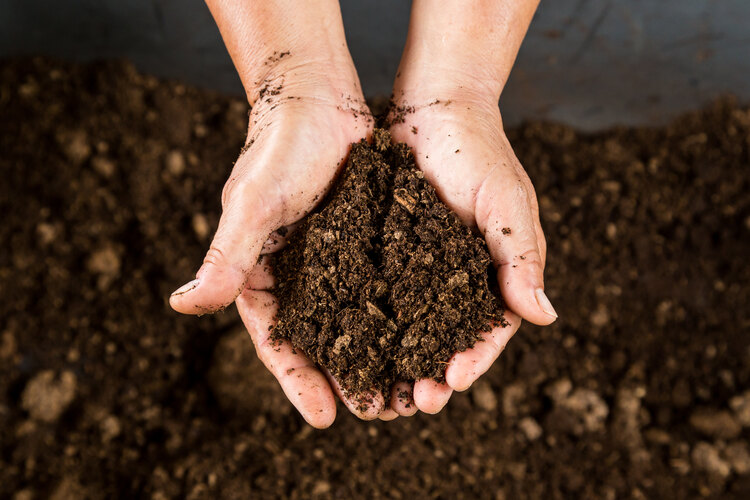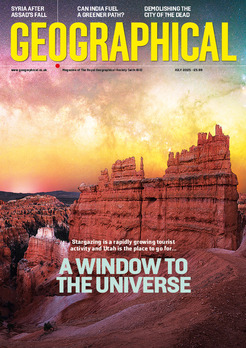
Last chance for UK government to ban the sale of environmentally unfriendly peat-based products by the end of 2024
By
‘Peat belongs in bogs not bags’. Those are the words of actress and ambassador of The Wildlife Trusts, Alison Steadman, who is part of a growing number of gardeners, conservation groups and celebrities calling for the British government to stick to its promise to ban the sale of peat by the end of 2024.
Peat has long been used by gardeners to lower the pH of soil, increase aeration, and retain moisture in otherwise dry soils. All of this makes peat sound like an ideal addition to any keen gardener’s potting shed. But there’s a problem with peat.
Thick, rich and dark peat is a soil that consists of partially decomposed organic matter derived mainly from plant material, which has accumulated under conditions of waterlogging, oxygen deficiency, high acidity and nutrient deficiency. It can take thousands of years for peatlands to form, and they are a vital habitat for a variety of plant and animal species, many of which are uniquely adapted to the waterlogged and acidic conditions that peatlands create.
But yet, these unique habitats are very fragile and what took thousands of years to form can be destroyed in minutes.
After years of lobbying, the UK government finally agreed in 2022 to ban the sale of peat by the end of 2024. But, peat compost and peat-containing products remain legally on sale in the UK, contributing to the destruction of peatlands across the UK and Europe. When the government launched a consultation on a complete retail sales ban on peat products, 95 per cent of respondents – of which 88 per cent classed themselves as gardeners- responded favourably to the idea of a ban. On Tuesday, 16 April, the new Horticultural Peat Private Members Bill, proposed by former Environment Secretary Theresa Villiers, is finally to be debated in the House of Commons. It’s the last chance to enforce a ban on the sale of peat-based products before the end of 2024.
As the debate in the House of Commons looms, The Wildlife Trusts, backed by a number of celebrities, is reminding the government of the commitment it made back in 2022. Celebrity gardener Monty Don, who supports the ban, says: ‘It takes a bulldozer minutes to destroy a peat bog that took hundreds if not thousands of years to form and will take as long again to recover. It is out and out eco-vandalism, and no garden – not mine, not yours, not Sissinghurst or any Chelsea Gold medal show garden is worth that. As it happens, peat is completely unnecessary in any garden. In my experience, a variety of commercial composts made from bark, wood chip, coir, bracken and wool all work well, and I think there is great potential for using the trillions of fallen leaves every autumn as compost. To stick to peat compost because that is what you have always used is just lazy and irresponsible.’
In 2022, The Wildlife Trusts published an analysis that revealed the policy failures to stop peat extraction has caused up to 31 million tonnes of CO2 to be released since 1990. According to The Wildlife Trusts, that is equivalent in emissions terms to 15 million return flights from London to New York or the annual emissions produced by more than seven million cars. In a statement The Wildlife Trusts went on to say that ‘With one in six species now at risk of extinction in Great Britain, an immediate ban on the destruction of peatlands for gardening and growing would make important progress towards reversing these catastrophic declines.’
Another supporter of the ban, Alison Stedman, lamented: ‘The Government is running out of time to fulfil its promise to ban the sale of peat to gardeners by the end of this parliament. Peat belongs in bogs, not bags, and it’s high time that commitments to ensure a ban are honoured. What’s left of precious peatlands needs protecting and restoring, not despoiling. Whenever a peatland is dug up a natural habitat is destroyed with appalling consequences for wildlife and our climate. Let’s get on with the ban and not kick the can down the road any longer.’
Related articles:




